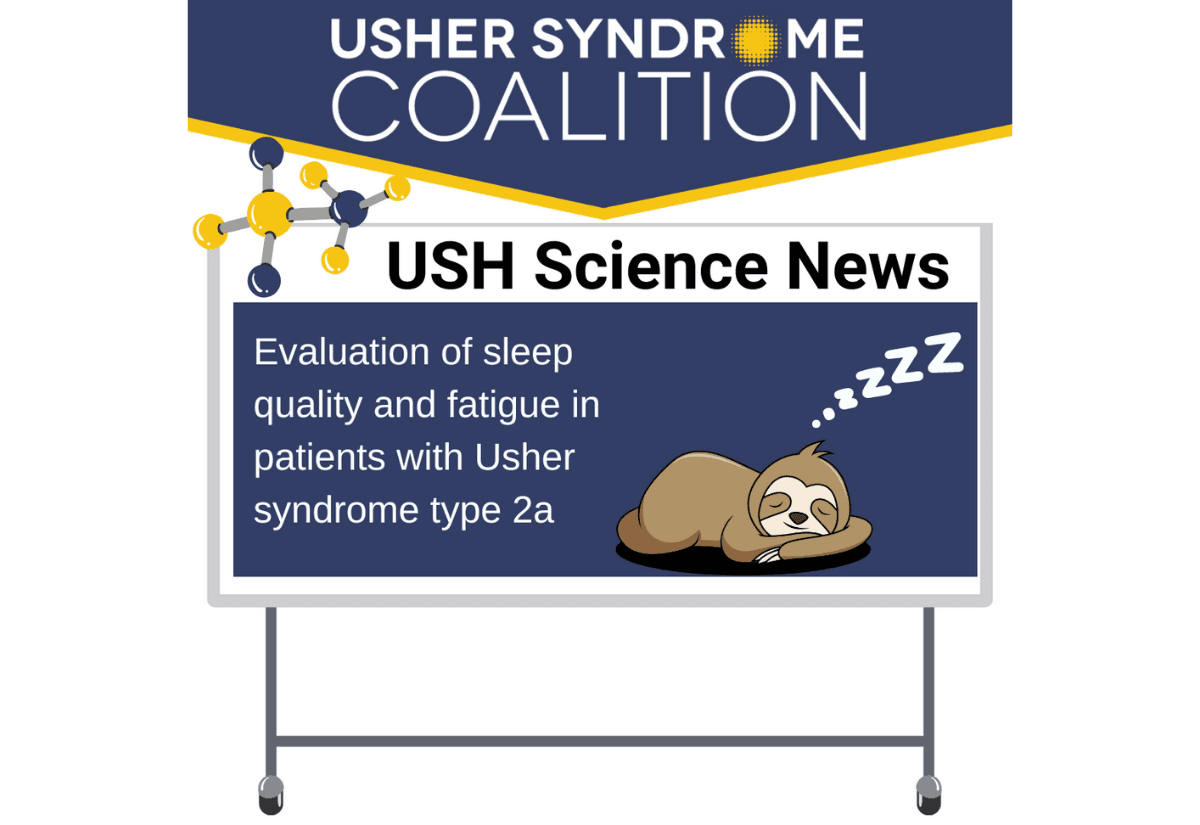
In a recent publication in Ophthalmology Science, researchers at Radboudumc sought to study the significance of sleep problems and fatigue experienced by Usher syndrome type 2a (USH2a) patients. They hypothesized that sleep problems could be a symptom of Usher syndrome, in addition to the loss of hearing and vision. It is interesting to note that sleep problems in patients were not related to the severity of vision loss and were reported even before the patients exhibited vision loss. These observations set the stage for further research. As a follow-up, researchers plan to substantiate the results of this study by evaluating whether the zebrafish model for Usher syndrome exhibits a disturbed sleep pattern and whether Usher syndrome-associated proteins play a role in sleep regulation.
What this means for Usher syndrome: Recognition of sleep problems as a comorbidity of Usher syndrome, rather than a side-effect of the dual-sensory loss, would be a step towards improved personalized patient care.







